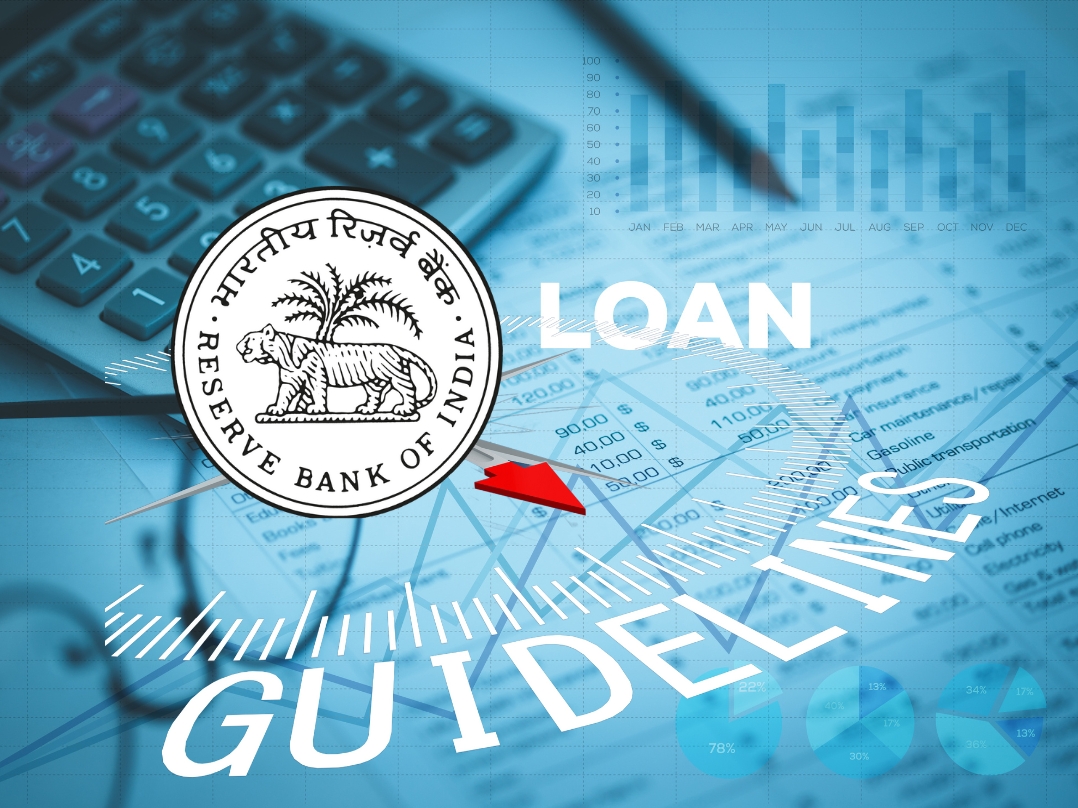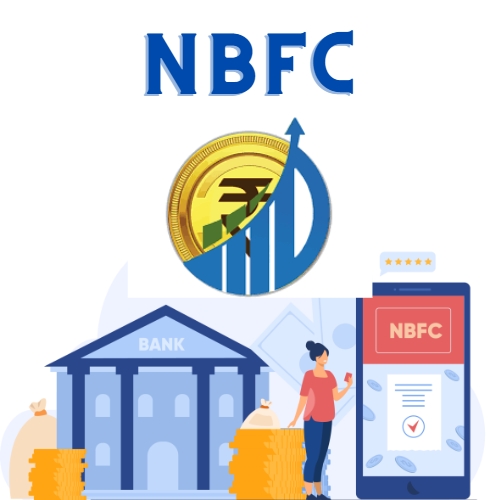
RBI Guidelines on Personal Loan and Digital Lending
In India, personal loans play a significant role. Whether it's funding a wedding, covering medical expenses, or consolidating debt, they fulfill various financial needs. However, the Reserve Bank of India (RBI), the country's central banking institution, has set forth guidelines to regulate personal loans. These also include the digital lending processes. Every borrower and lender must adhere to the RBI guidelines for the personal loan approval process. Understanding these guidelines is crucial to ensure transparency, fair practices, and consumer protection.
Personal Loan Meaning
In simple words, a personal loan is an unsecured form of credit that financial institutions provide. These institutions include banks, non-banking financial companies (NBFCs), and digital lending platforms. Other types of loans are usually marked for specific purposes like home purchase, vehicle financing, etc. Personal loans, on the other hand, offer borrowers the flexibility to use the funds as per their discretion.
Eligibility Criteria For Personal Loan
To qualify for a personal loan, individuals need to meet certain eligibility criteria.
1. Applicants must be Indian citizens or residents.
2. Borrowers should be between 21 to 60 years old, although age requirements may vary slightly among lenders.
3. Lenders prefer applicants who are either employed with a stable income or self-employed with a consistent source of revenue.
4. The applicant should have a minimum monthly income, usually ranging from INR 20,000 to INR 30,000. This depends on the lender's policies.
5. Borrowers are typically required to have a minimum of one year of work experience. Some lenders may impose longer tenure requirements.
6. A healthy credit score is essential for loan approval. Most lenders look for a credit score of 750 or above.

You can also go through the personal loan eligibility criteria as per RBI guidelines on RBI’s official website.
Terms and Conditions For Personal Loan
Before availing a personal loan, borrowers should review the terms and conditions outlined by the lender. These terms include various aspects of the loan, including:
• Interest Rate:
The interest rate charged on the loan determines the cost of borrowing for the borrower. It may be fixed or variable, depending on the lender's policies and prevailing market conditions.
• Repayment Period:
Personal loans have a predetermined repayment period, ranging from a few months to several years. Borrowers should choose a repayment tenure that aligns with their financial capabilities and goals.
• Processing Fees:
Lenders often levy processing fees, which are charged for processing the loan application. Borrowers should be aware of these fees and consider them in the total cost of borrowing.
• Prepayment Charges:
Some lenders impose prepayment charges if the borrower decides to repay the loan before the scheduled tenure. Understanding these charges is crucial for borrowers who wish to prepay the loan to save on interest costs.
• Late Payment Fees:
Borrowers should familiarize themselves with the consequences of late payments, including late payment fees and the potential impact on credit score.
RBI Rules for Personal Loans
• Interest Rate Regulation:
RBI demands transparency in disclosing the applicable interest rates, ensuring that borrowers are aware of the cost of borrowing. Additionally, RBI may prescribe limits on interest rates to prevent lenders from charging high rates.
• Fair Practices Code:
Lenders are required to adhere to the Fair Practices Code (FPC) set forth by RBI. This code outlines ethical and fair lending practices. It includes transparent disclosure of terms and conditions, non-violent debt recovery practices, and grievance rectification mechanisms.
• Know Your Customer (KYC) Norms:
One of the most important RBI guidelines for online loan approval is the KYC norm. RBI puts forth strict KYC rules to verify the identity of borrowers and assess their creditworthiness. Lenders are required to collect relevant documents, such as proof of identity, address, and income.
• Risk Management:
Lenders must implement robust risk management frameworks to assess credit risk, monitor loan performance, and reduce potential losses. This includes conducting thorough credit assessments, stress testing loan portfolios, and maintaining adequate provisions for loan losses.
• Prudential Norms:
RBI imposes prudential norms on lenders to ensure financial stability and resilience. These norms include capital adequacy requirements, asset classification, provisioning norms, and exposure limits to decrease systemic risks.
RBI Guidelines For Digital Lenders
Understanding RBI regulations on digital lending in India is important both for lenders and borrowers. Key RBI guidelines for digital lenders include:
• Registration Requirement:
RBI mandates that digital lending platforms operating in India must be registered as NBFCs. If not, they must adhere to the regulatory framework applicable to NBFCs. This ensures that lenders comply with regulatory standards and consumer protection measures.
• Fair Practices:
This is one of the most vital digital lending regulations by RBI. Digital lenders are required to follow fair lending practices. These include transparent disclosure of terms and conditions, fair assessment of borrower's creditworthiness, and non-forceful debt collection practices. In addition to these, lenders must provide borrowers with clear information regarding interest rates, fees, and repayment terms.
• Data Privacy and Security:
RBI emphasizes the importance of data privacy and security in digital lending operations. Lenders must implement some sort of data protection measures to safeguard sensitive borrower information from unauthorized access or data breaches.
• Grievance Redressal Mechanism:
Digital lenders are required to establish effective grievance redressal mechanisms to address borrower complaints and concerns in time. This includes providing borrowers with channels to escalate grievances and seek recourse in case of disputes.
• Risk Management:
Similar to traditional lenders, digital lenders must implement robust risk management systems. This management system is expected to assess credit risk, monitor loan performance, and reduce potential losses.
Conclusion:
In conclusion, RBI guidelines play a crucial role in shaping the personal loan and digital lending landscape in India. It promotes transparency, fairness, and consumer protection. Borrowers should familiarize themselves with these guidelines to safeguard their interests when availing personal loans or accessing digital lending platforms. If you find yourself in need of immediate funds, consider exploring instant personal loan options from reputable lenders that follow RBI guidelines.
Remember, borrow responsibly, assess your repayment capacity, and prioritize financial discipline to avoid falling into a debt trap.



